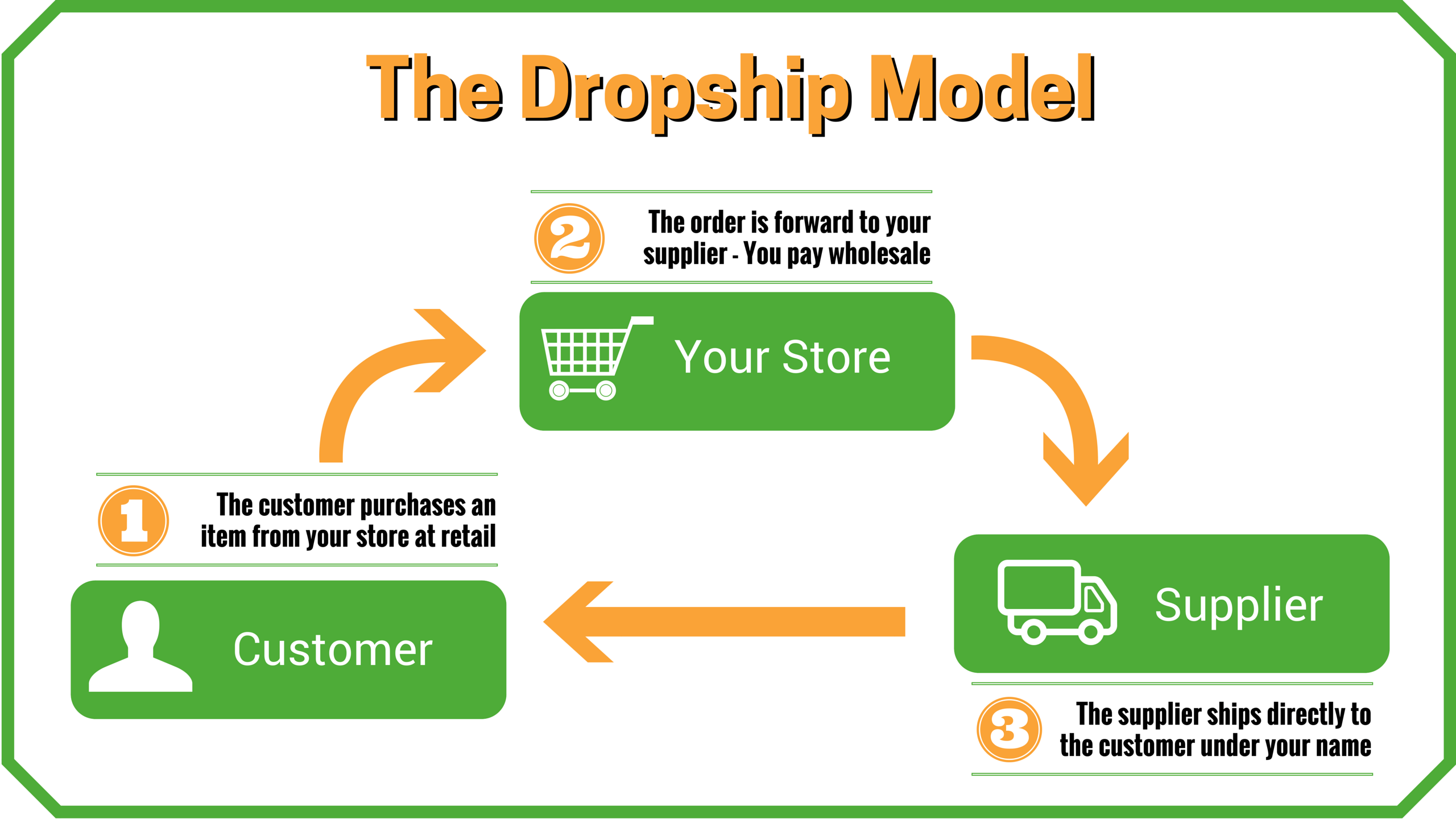Dropshipping
Dropshipping is an eCommerce fulfillment tactic in which the eCommerce retailer relies on other retailers, manufacturers or wholesalers to carry out the fulfillment of an order placed to the original eCommerce retailer. This retailer never handles the goods directly, nor does it keep the goods in stock. All orders and shipping details are passed over to the third party who then sends the order directly to the customer.
Brand and Dropshipping
A successful e-commerce shoe site: Zappos, started out by dropshipping. The retailer eventually took inventory in-house to control more aspects of the fulfillment process, but that doesn’t mean dropshipping is reserved only for start-up eCommerce brands. Pier One is an example of a retailer who recently took on drop shipping as part of its fulfillment strategy in order to boost online sales. In incorporating dropshipping, Pier One will now be able to offer a wider variety of items available online with the help of the third parties they partner with.
Benefits of Dropshipping
- Cost Reduction
Because you don’t have to physically handle inventory in-house, you don’t need the space or employees to manage the inventory. With low overhead, less money is required up front to get your business off the ground.
- Lower Risk
Depending on the partnership, a brand may not have to pre-order inventory, and thus not suffer a loss if a product does not sell. For example, a toy retailer could order 10,000 of the predicted best-selling baby doll that ultimately turns out to be a low-selling item. In that case, they’d be out a large amount of capital, in addition to having a large amount of inventory taking up valuable warehouse space. With drop shipping, if an item doesn’t sell well, you simply wouldn’t fulfill as many orders.
- Easy Scaling
Because it’s so easy to work with multiple third parties, you can continually expand with new products. With fewer sources, it’s easier to maintain control of inventory and inventory holding costs go down with less safety stock accumulated across the network.
Challenges in Dropshipping
- Competition
Items are not unique to your company if they come from a supplier. So if you have an opportunity to sell an item via drop shipping, others can too. This means multiple similar companies could be selling the same thing leading to highly competitive pricing and large markdowns.
- Lose control of the fulfillment process
When you drop ship, you give control of fulfillment speed and quality over to the shipper. Shipping holds a lot of power over the customer experience. If the shipping process goes poorly or something is wrong with the product or its packaging, your brand’s reputation takes the hit, not the party who carried out fulfillment. If drop shipping is the right option for you, it’s important you and your fulfillment partner have a trusting relationship to carry it out effectively.
- Complicated Shipping Costs
Working with multiple third parties to ship product means shipping costs may vary and even increase. If a customer orders multiple products from your website, those products might all come from different third parties, with a different shipping charge attached to each. Someone needs to incur that charge, whether that’s you as the retailer or the customer. A customer would certainly be turned off by such a high charge while taking that on as a retailer takes a toll as well.
We are from Ecommerce Photography. If you want to click some great pictures of your products then do contact us.
